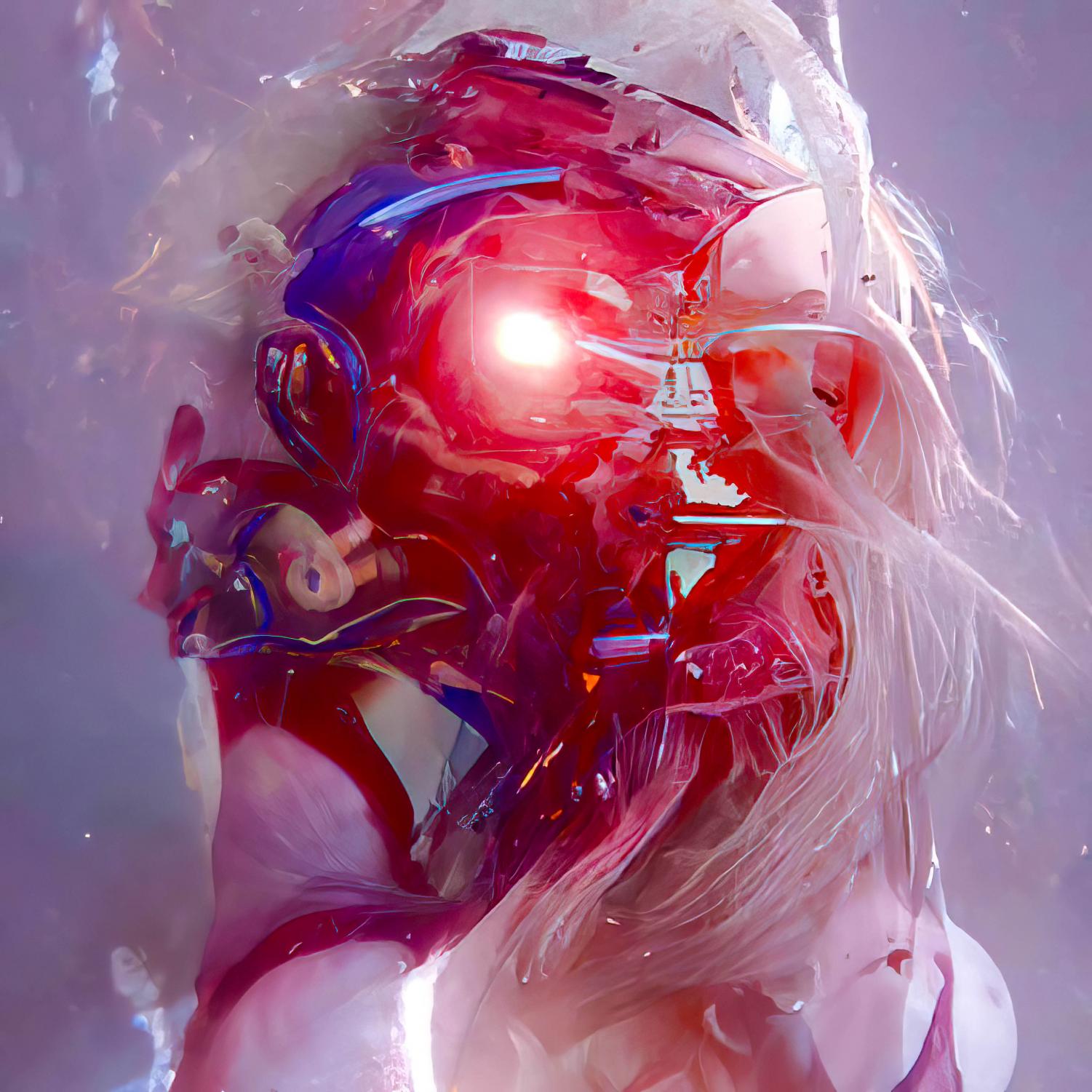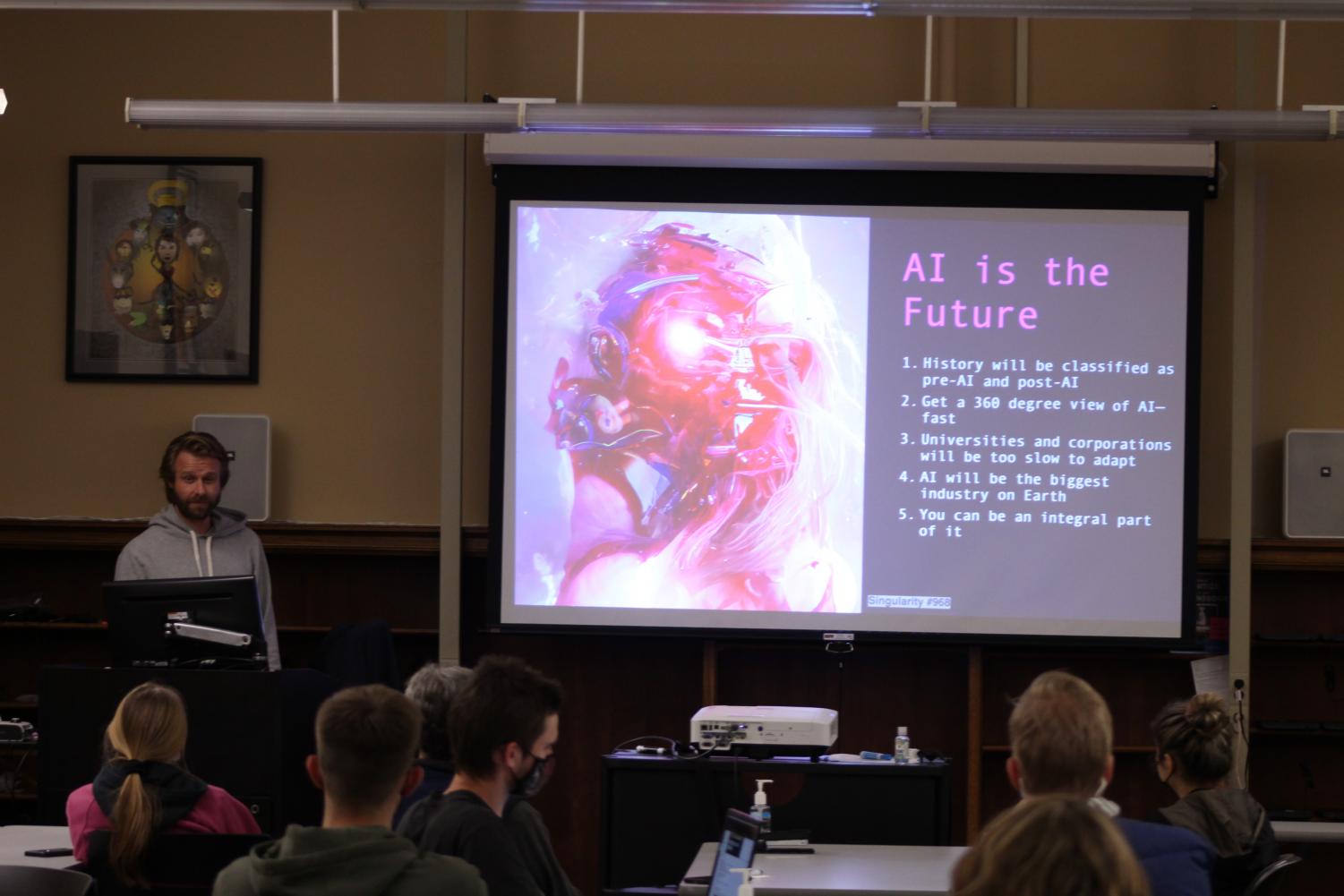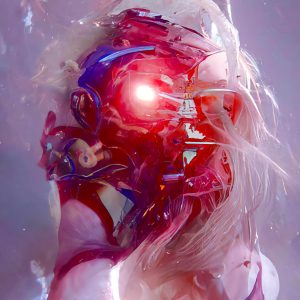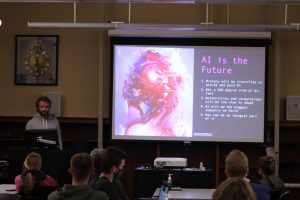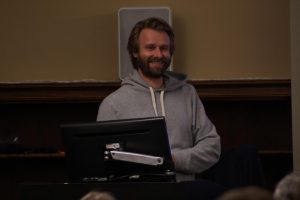Tech CEO Delivers AI Lecture
November 4, 2021
CEO of Know Labs Phil Bosua delivered the final lecture of a series titled, “AI: The Future is Now,” supported by the Douglas Honors College. Held in-person at Heebler Hall on Oct. 27, the lecture centered around the practical applications of Artificial Intelligence (AI) in everyday life and the medical field.
Bosua has had extensive experience with AI, exchanging more than 1,000,000 words of dialogue with his own conversational AI.
“When I talk to it, it’s like I have privileged access to the smartest human to ever live,” Bosua said.
He has also created thousands of AI-generated art pieces generated from the word “singularity.” When he sold this art as a non-fungible token (NFT), they sold out in ten seconds.
Bosua said he has had very little formal education. He did not finish high school and said “90% of everything I’ve learned about AI has come from YouTube.” However, he said he is still confident that AI will change society “more than anyone realizes,” saying some predict it will be a $5 trillion industry by 2026.
One of the applications of AI that Bosua discussed is its use in scriptwriting.
“In 20 years time, we’ll go on Netflix and the selection will say, ‘What do you want to watch?’” Bosua said. “And you’ll go, ‘I want a drama, I want it to be set in Seattle, and I want it to revolve around young people just coming of age, having fun.’ It’ll write scripts, get actors and costumes. It’s all just putting models together.”
Along with AI, Know Labs is currently working on making the world’s first noninvasive glucose monitor. This would allow diabetics to measure their blood sugar without penetrating the skin.
A Q&A session followed the lecture. One concern raised was that AI would replace future jobs. Bosua said these fears are no different than those about what would happen to newspapers when the internet became widespread.
“They’re all shifts in industry, and it never stops. You’ve just got to adapt. Learn how to interact with AI,” Bosua said. “Fortune favors the brave, and if you see things like this and you go down that path, then it might [not take] your job.”
Someone also asked how students without top-of-the-line computers can access AI. Bosua said by using Google Colab, a free-to-use application which allows users to execute code in their browsers, anyone can “play with the image models for free.” He said he anticipates the public will have access to conversational AI within six to 12 months.



